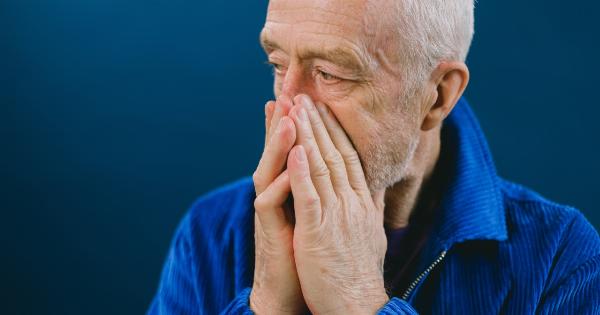Stress has become an inevitable part of our modern lives. From balancing hectic work schedules to managing personal relationships and coping with everyday challenges, stress affects us in more ways than we realize.
One surprising consequence of prolonged stress is hair loss. Yes, you read that right. Research has found a strong correlation between stress and hair loss, shedding light on the impact our emotional well-being can have on our physical appearance.
Understanding Hair Growth Cycle
Before delving into the connection between stress and hair loss, it’s important to understand the basics of the hair growth cycle. The hair growth process is continuous and occurs in three distinct phases: anagen, catagen, and telogen.
The Anagen Phase
The anagen phase is also referred to as the growth phase. It is during this period that the cells in the hair follicles divide rapidly, which leads to new hair growth. On average, this phase lasts for about 2-6 years, determining the length of our hair.
The Catagen Phase
The catagen phase is a brief transitional phase that lasts for about 2-3 weeks. In this phase, the hair follicles shrink and detach from the blood supply, preparing for the next phase.
The Telogen Phase
The telogen phase, commonly known as the resting phase, typically lasts for about 2-4 months. During this period, the hair follicles remain inactive before eventually shedding and making way for new hair growth.
How Stress Affects Hair Loss
While stress itself doesn’t directly cause hair loss, it can trigger or exacerbate certain hair loss conditions. The most common form of stress-induced hair loss is referred to as telogen effluvium.
This condition occurs when a significant number of hair follicles prematurely enter the telogen phase, resulting in increased hair shedding.
In times of stress, the body releases stress hormones, such as cortisol, which can disrupt the normal hair growth cycle. Stress hormones can push more hair follicles into the resting phase, leading to excessive shedding.
Moreover, stress can also impact the immune system, making it more susceptible to hair loss conditions like alopecia areata, an autoimmune disorder that causes patchy hair loss.
The Role of Hormones
Hormones play a crucial role in the stress and hair loss connection. When stress hormones are released, it can disrupt the delicate balance of other hormones in the body.
For instance, high levels of cortisol can hinder the production of essential hormones like estrogen and progesterone, both of which are vital for healthy hair growth.
Managing Stress to Prevent Hair Loss
While it may not be possible to completely eliminate stress from our lives, there are several strategies we can adopt to manage stress effectively and potentially reduce the chances of hair loss.
1. Practice Stress-Relief Techniques
Engaging in activities that help alleviate stress can have a positive impact on both our mental well-being and hair health. Techniques such as meditation, deep breathing exercises, yoga, and regular physical exercise can help reduce stress levels.
2. Prioritize Self-Care and Relaxation
Self-care activities like taking long baths, reading books, listening to music, or pursuing hobbies can help us unwind and alleviate stress. It’s important to carve out dedicated time for relaxation and prioritize our well-being.
3. Get Adequate Sleep
A good night’s sleep is essential for overall health and plays a significant role in managing stress. Aim for 7-9 hours of quality sleep each night to ensure your body and mind get the rest they need.
4. Maintain a Balanced Diet
Eating a nutrient-rich diet is crucial for optimal hair health. Include foods rich in vitamins, minerals, and antioxidants such as leafy greens, fruits, lean proteins, and omega-3 fatty acids to support healthy hair growth.
5. Seek Professional Help
If you notice excessive hair shedding or thinning, consult a dermatologist or trichologist for a proper diagnosis and treatment plan. They can help identify the underlying causes of your hair loss, including stress, and offer appropriate solutions.
Conclusion
Stress and hair loss share a close and surprising connection.
While it may not be possible to completely eliminate stress from our lives, managing it effectively through stress-relief techniques, self-care, and seeking professional help can potentially reduce the chances of experiencing stress-induced hair loss. Prioritizing our overall well-being, both mentally and physically, is essential in maintaining healthy hair and preventing the negative effects stress can have on our appearance.





























